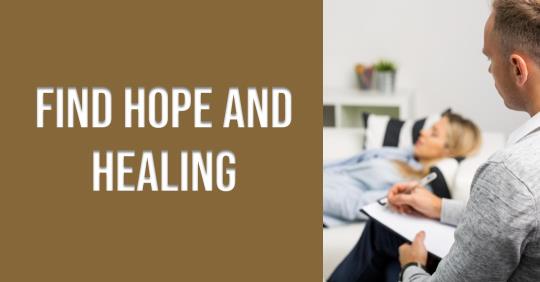Confidentiality is vital for a client-therapist relationship. Sharing information could quickly put the client in a vulnerable position if it was made public. By entering rehab, many clients can find themselves feeling like a sitting duck.
The trust that the medical professionals provide is essential, especially with substance abuse. Without it, therapy sessions wouldn’t be fruitful at all. Ensuring that all patients who enter a rehab facility have their confidentiality protected is critical for recovery. This blog discusses how confidentiality works when entering rehab and some exceptions to the rule of privacy.
What is Confidentiality?
Confidentiality is the ethical principle that keeps certain information private between a client and a professional. This type of information is usually around intimate details that would cause embarrassment if the public somehow found out. Confidentiality is critical when it comes to privileged information around someone’s battle with substance abuse.
Confidentiality in Rehabilitation
Once someone has entered rehab, there can be concerns around privacy during their recovery. Many people fear that people they know may find out about their substance abuse issues, hurting their reputation. These fears are entirely reasonable; it can be terrifying to have your struggles be made public.
By entering a quality rehab facility, you can have peace of mind that recovery professionals take confidentiality very seriously. It’s not uncommon that those entering rehab might use a different name, keeping their recovery private. Patients can focus on their sobriety and attendance in rehab, knowing that their information is entirely confidential.
Confidentiality in Group Sessions
It can be easy to feel more vulnerable during group sessions as you discuss your substance abuse issues. Group therapy is when confidentiality is paramount; therapists focus on protecting any sensitive information about members shared in the group.
Whether stories shared are true or not is unimportant; the vital part is to make sure that any experiences shared stay private. Therapists must ensure no harm comes to participants and remind other group members to keep anything shared confidential.
Most of the members understand their duty to keep certain things shared confidential, as they also have shared stories about their past, which they would like kept a secret.
Acceptable Reasons to Break Client Confidentiality
There are always exceptions to the rule. Confidentiality is no different. If a therapist must break client confidentiality, it must be under exceptional circumstances. Below is a list of examples when it’s acceptable for a therapist to break confidentiality:
- good reason to believe that the client could hurt themselves if not stopped
- the court demands to see all documents related to the client in possession of the therapist
- the possible risk that the client could potentially commit a violent crime against another person
- strong evidence that child abuse is happening
- other medical professionals need access to the documentation to provide a suitable level of care
- insurance provider needs access to this information for medical coverage
- the client has signed a consent form to give the information to a specific third party
At times can become a bit fuzzy, but if you’re seeking substance abuse treatment, your information will be kept safe. These exceptions are to support those who are vulnerable safe and provide appropriate care when needed. If you need medical attention for your addiction, know that your information will be kept private.
Aspen can Help
Taking the first step into treatment for drugs or alcohol dependence can be scary if done alone. Let our team of medical professionals and recovery experts guide you as you begin to learn how to handle the stressors of a sober life.
Our team is ready to help you every step of your road to recovery and to help change your life for the better. Contact the team at Aspen Behavioral Health to learn how we can help.



